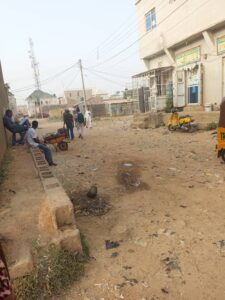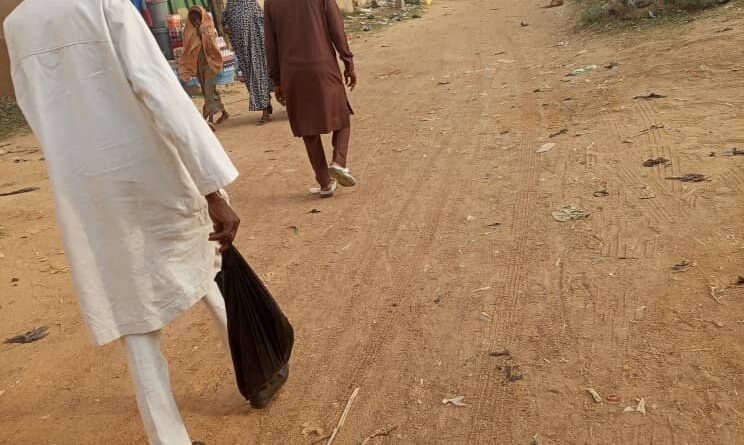The Struggles of Off-Campus Students in BUK
By Ukwubile Aisha Ojochegbe
For many students, gaining admission into Bayero University, Kano (BUK) is a dream come true. The institution is known for its serene environment, well-structured academic system, and numerous learning facilities. With affordable on-campus hostels, free water supply, and steady electricity, life within the university premises is designed to support students’ academic journeys. However, not all students get the opportunity to reside in these hostels. Due to limited space and a strict allocation system, many are left with no choice but to seek accommodation off-campus—an experience that comes with numerous challenges.
One of the biggest struggles for off-campus students is securing suitable housing. The areas surrounding BUK, such as Dambare, Rijiyar Zaki, and Dorayi, have become student hubs, but accommodation remains a major issue. The demand for student-friendly housing far exceeds the supply, making it difficult for students to find rooms at affordable rates. While on-campus hostels are budget-friendly, off-campus accommodations are significantly more expensive, with single rooms costing far more than what is charged within the school premises. Some students are forced to share rooms or live in overcrowded spaces just to reduce costs.
Beyond high rent, access to basic amenities is another major concern. Water scarcity is a common issue in many off-campus areas, forcing students to buy water daily. A 20-litre gallon of water costs around ₦100, an expense that adds up over time. In contrast, students in the university hostels have unlimited access to free water, reducing both stress and financial burden. During the dry season, the situation worsens as the demand for water increases, making it even more difficult for students to afford or access clean water.
Electricity is another significant challenge. The unreliable power supply in areas like Dambare makes studying difficult, especially at night. Unlike the hostels, where students enjoy steady electricity, those living outside the campus must rely on rechargeable lamps, generators, or wait for the power to be restored before they can study. The university library provides a 24/7 power supply, but for students living off-campus, accessing it at night can be inconvenient or even unsafe. Many students have to adjust their study schedules to fit the availability of electricity, which affects their academic performance.
Security remains one of the biggest concerns for off-campus students. While the university provides security personnel to safeguard hostel residents, students living outside the school face higher risks. Cases of phone snatching, harassment of female students, and even physical attacks have been reported in different off-campus locations. Walking home late at night after lectures or study sessions can be dangerous, forcing students to always be on high alert. Some students resort to taking costly transportation just to avoid unsafe routes.
Despite these struggles, many off-campus students continue to navigate their academic journeys with resilience. They find ways to adapt, whether by forming study groups, sharing expenses with roommates, or adjusting their schedules to cope with power outages. However, the challenges highlight the need for more student hostels within the university. If more accommodation spaces were available on campus, students would have better access to essential services like electricity, water, and security, making their academic experience more comfortable.
For now, off-campus students continue to manage their situation, but the difference between on-campus and off-campus life remains significant. While BUK provides a conducive learning environment, expanding hostel facilities would go a long way in easing the burdens faced by students who are forced to live outside the school. More hostel spaces would not only reduce the financial strain on students but also improve their safety and academic performance.






